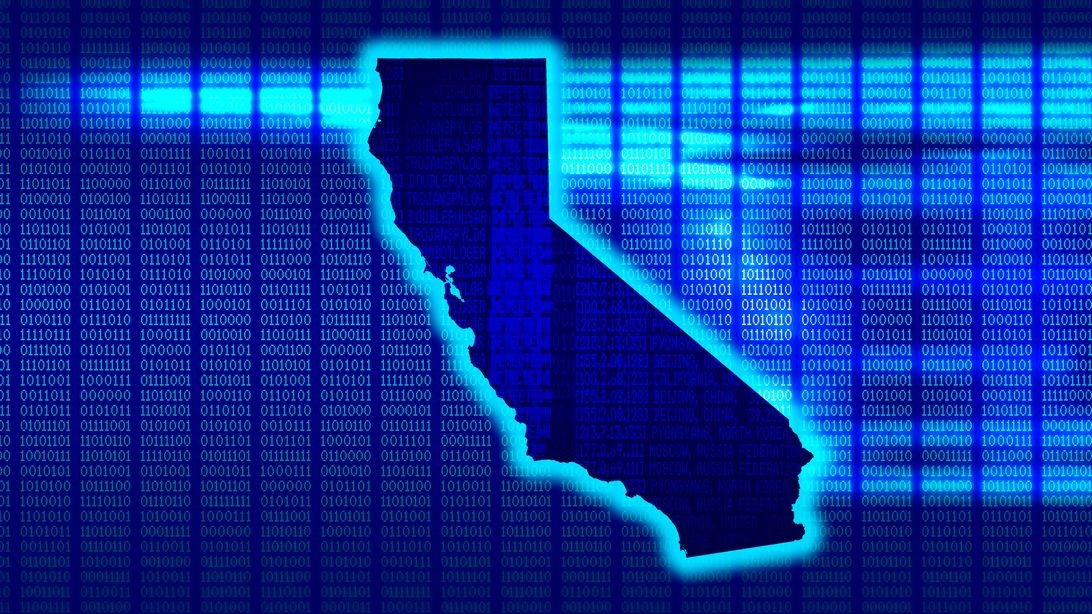California Privacy Law Shows Need For National Legislation, Senator Says
California Privacy Law Shows Need For National Legislation, Senator Says

California’s sweeping new privacy law, which took effect this week, should spur Congress to finally move forward with a nationwide law.
At least, so says Sen. Mark Warner (D-Virginia).
“Congress can no longer sit idly by in this data privacy debate,” he stated Thursday. “We need comprehensive federal legislation, which addresses not only privacy but a range of related consumer protection and competition issues, to afford all Americans the protections they deserve.”
Warner is among several federal lawmakers who have floated privacy bills in the last year. One proposed bill he introduced, along with Deb Fischer (R-Nebraska), would prohibit companies from duping people into consenting to data collection.
Another bill that he co-sponsored would require large tech companies to disclose whether they display material to particular users based on personal data collected from them, including their web-browsing and search history. That bill would also require the tech companies to offer a version of their services that doesn’t return results based on personal factors, like web-browsing history.
The ad industry and various business groups have also called for national privacy legislation that would override state laws.
But although some politicians on both sides of the aisle have expressed support for a federal privacy bill, there is significant disagreement about specifics.
Earlier this year, influential Senator Dianne Feinstein (D-California) said she would only support a national bill if it was at least as strong as California’s new Consumer Privacy Act.
That law gives residents the right to learn what personal data is held about them by companies, request deletion of that information, and opt out of the transfer of the data to third parties.
California’s law could get even stronger, if a new ballot initiative backed by Californians for Consumer Privacy gains traction. Among other provisions, that initiative, dubbed the California Privacy Rights Act, would restrict businesses’ ability to use “sensitive” data like precise geolocation data, race, ethnicity, religion and biometric information.
Late last year, Becerra released the initiative’s title and summary — a move that cleared the way for the advocates to begin collecting signatures. The group must gather more than 620,000 signatures for the initiative to appear on the November 2020 state ballot.
California isn’t the only state with a new privacy law. In October, Nevada residents gained the right to opt out of the sale of some information, including their names, addresses, email addresses and telephone numbers.
And starting in July, broadband providers in Maine won’t be allowed to disclose customers’ data — including web-browsing history, precise geolocation information, IP addresses and device identifiers — without their explicit consent.
(16)


